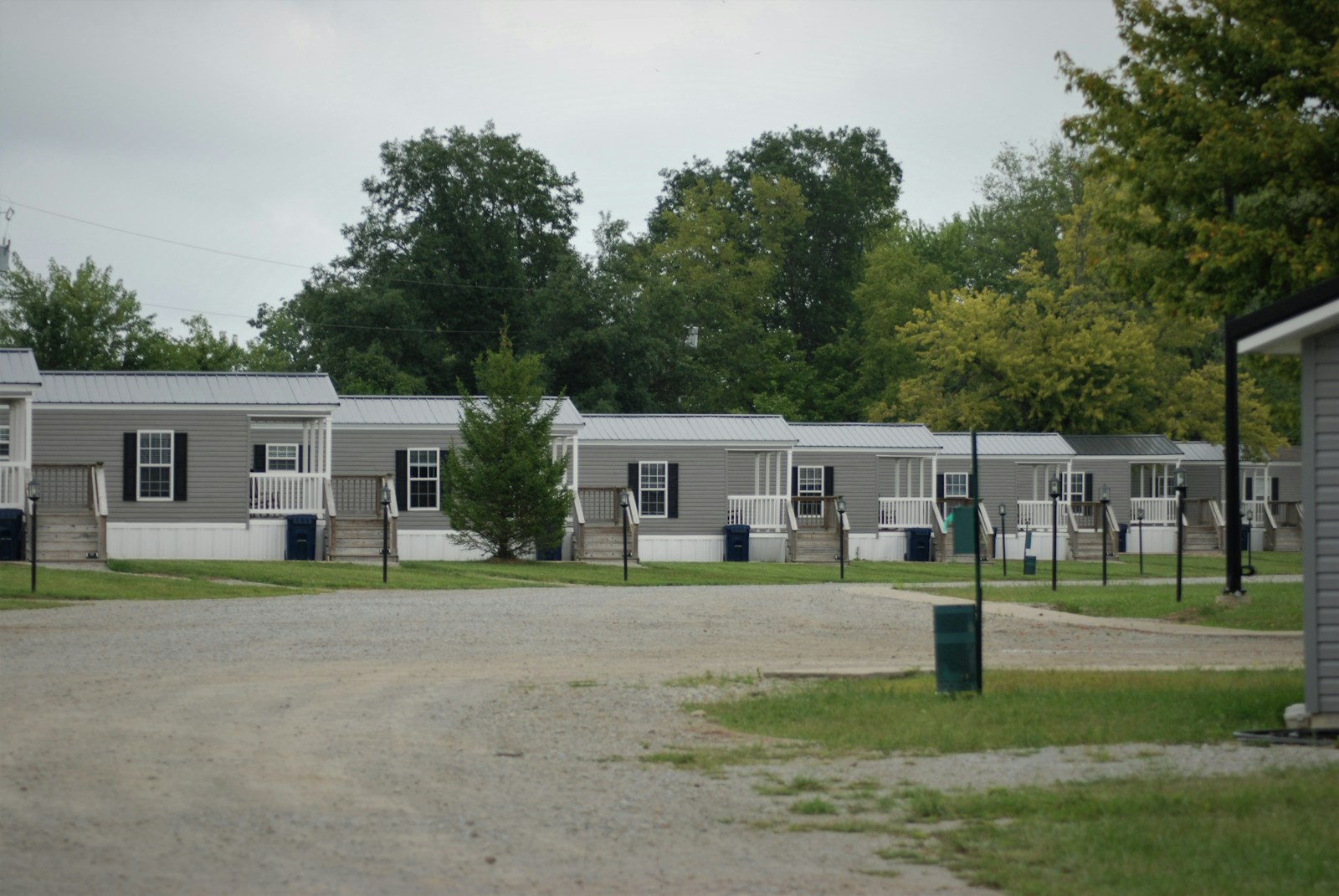
How Mobile Home Insurance Differs From Traditional Homeowners Insurance
Unlike traditional homes, mobile homes have different structural characteristics, making insurance coverage essential. Since these homes are built off-site and transported, they face specific vulnerabilities that require a policy suited to their construction and placement. Mobile home insurance may provide financial protection for your mobile home, covering risks such as fire, theft and weather-related damage.
What Is the Difference Between Mobile Home and Traditional Homeowners Insurance?
Although both types of insurance may cover property damage, liability and personal belongings, key differences exist based on construction and risk factors. Some of the main distinctions are the following:
- Construction and coverage needs—Mobile homes are typically built with lighter materials and may be more susceptible to wind or fire damage. Insurance for mobile homes accounts for these factors, while traditional homeowners insurance focuses on permanent structures with different building codes.
- Foundation type—A standard home is built on a fixed foundation, whereas a mobile home is placed on a temporary or semi-permanent foundation. This affects the types of risks covered, such as damage from movement or settling.
- Liability protection differences—Liability coverage for mobile homes may address risks related to their mobility, such as damage occurring during transport. Traditional homeowners insurance does not need to account for these factors.
- Additional coverage options—Policies for mobile homes may include financial protection against specific risks, such as transportation damage or tie-down system failures, that are irrelevant to standard homes.
Secure Reliable Mobile Home Insurance
Contact Oasis Insurance Agency Inc. today to explore mobile home insurance options. Our agents can help you get the ideal coverage at a price that fits your budget.
This blog is intended for informational and educational use only. It is not exhaustive and should not be construed as legal advice. Please contact your insurance professional for further information.
Categories: Blog, Homeowners Insurance
